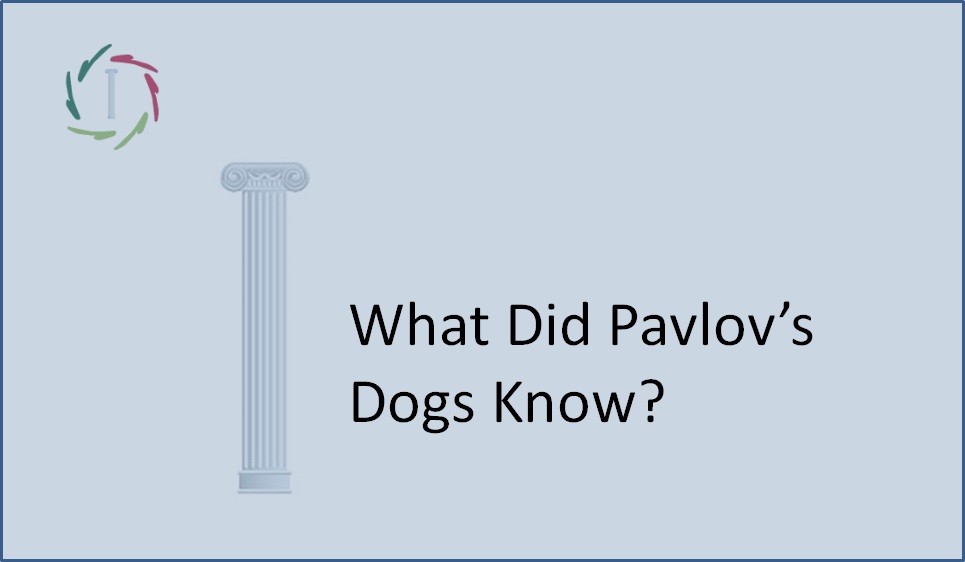Inner Dissociation is NEVER OK

According to me, one can appropriately say that dissociation – that is: the absence of integration – is THE cause of human-concocted ‘evil’.
[see: ‘Cause of All Suffering: Dissociation’]
So, it’s never OK to say ‘OK’ to this. There is a responsibility of any well-thinking human being to oppose dissociation. Mind: not opposing ‘dissociated people’ but ‘dissociation within people’, in order to relieve suffering, to enhance ‘inner growth’
This may harm you.
It’s good to take it into account. Dissociated people can in a way be seen as ‘waging war inside’. If you meddle with them, you may get caught into their inner war. The result is: they may try to harm you quite ruthlessly.
Being dissociated, they by definition don’t see the enemy inside themselves. You come along, meddling, so you must be ‘it’. Take care, very much.
But if this stops you, and you and you and you… a whole culture is suffering.
So, please keep feeling OK if you don’t oppose it.
But please do, at least – for what it’s worth – with my full respect.
The dissociation itself is NEVER OK.
As it leads to inner harm (depression, psychosomatics…) as well as outer harm (xenophobia, aggression, war…). I’ve written about this extensively.
Consequences reach to world-level. [see: “Dissociation at World Level“]
A group may be ‘dissociated’, as well as an individual.
The group being a group of individuals, it’s about each of these individuals. On top of this, it’s also about group dynamics. People within a group may enhance each other’s good sides as well as bad sides. As is well known, group dynamics may push individuals towards thoughts, feelings, communications and behavior they would never display on their own.
Especially then, there is a need – if not plain heroism involved – to not just ‘let it be’. Otherwise, with time, things may fester, harming the group’s members (including you) as well as people outside the group: the ‘enemy’, the ‘them’ in an aggressive us-them setting.
So, when in a group, do try to find others who do not ‘let it be’. You might talk to them, show your concern, ask their support and propose yours.
If appropriate, you might even start a new group. The prior experience may be the best incentive to try not to repeat the same dissociative phenomenon after a while. Open members of the prior group are welcome. The new group may itself be very open-minded, inclusive, strong and gentle [see: ‘Weak, Hard, Strong, Gentle’].
Never fight against people.
It may be very tempting to do so, especially if you get harmed as noted above. I myself am not always completely consistent with what I’m writing now. I guess it’s simply human.
But I know it doesn’t lead to any good. Keep your fighting to the principle, not the people.
You might think of it as always fighting for people.
That’s a good cause.
That’s a display of Inner Strength. As in AU-REL-IS.


